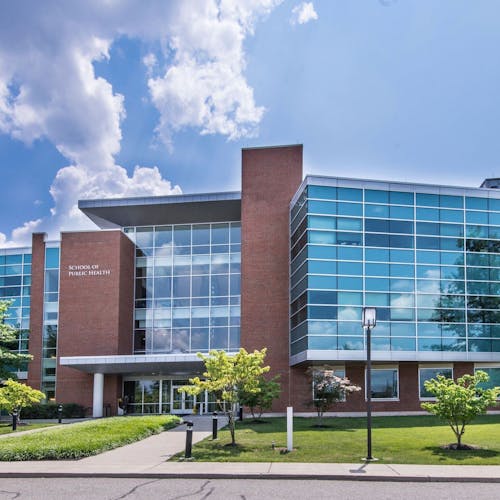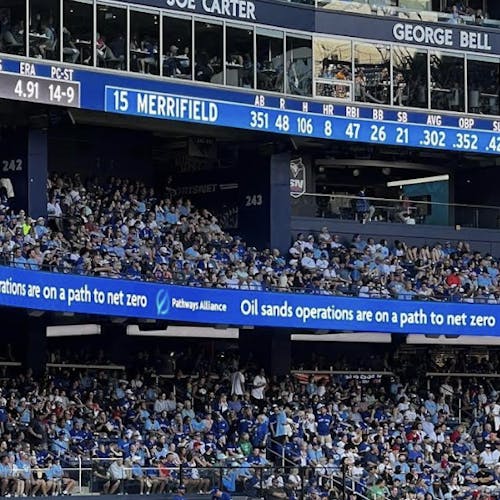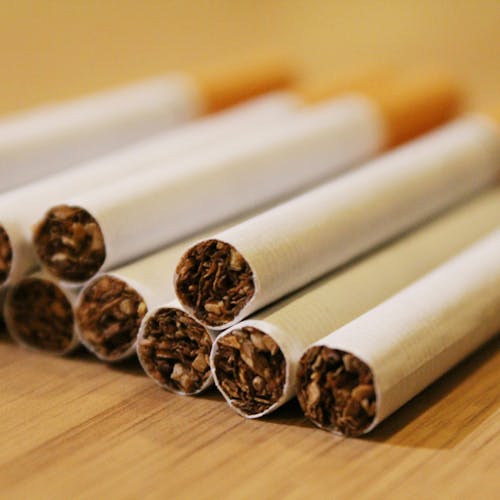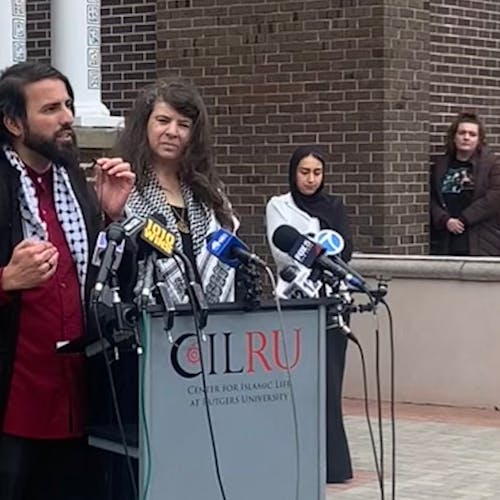Rutgers geology museum facilitates 'deep dive' into the world of scientific exploration
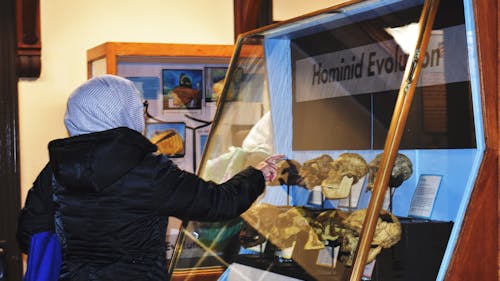
For the past seven years, the Rutgers Geology Museum has hosted an event on the first Wednesday of every month during the academic year. For December, the museum presented "Deep Sea Late Night" on Wednesday, hosting families, students and University faculty to spark interest and conversations about science.
Dr. Patricia Irizarry, associate director of the Geology Museum and tour guide for the event, said that the event’s intention was to function as an educational, community outreach.
“We have an educational mission," she said. "We want to share the research aspect of science with the community, but we are not going to turn every person who walks into this museum into a scientist. Our main interest for this Late Night is to spark interest so people will do more research about a topic.”
The topics of the monthly event vary, covering subjects such as astronomy, dinosaurs and fossils, she said.
Ideas for Late Night events typically stem from the visitor's interests or those of the undergraduate and graduate students. Students who are involved in the museum can suggest activities and develop their own research or displays for events. They continue to be present in the process by helping with the arts and crafts stations or relaying information about the night’s topic.
The museum holds meetings to discuss the schedule for the semester and plan how to properly execute the events. Experts from numerous other departments, including anthropology, oceanography and environmental science, are brought in to offer insight and suggestions in regard to their respective fields.
Exhibits within the museum embody elements from geology, temporally-focused science and social science fields, including expected rock and gem displays. The museum also displays dinosaur fossils and a Ptolemaic-era mummy, which is the only mummy currently in the state. These exhibits provided a diverse backdrop for the "Deep Sea Late Night."
Wednesday’s event, with its concentration in deep marine ecosystems, included four stations, ranging from observing sand through a microscope to creating underwater creatures out of play-doh. While the kids were completing the activities, students and staff members encouraged and answered questions.
Julie Criscione, a recent graduate of Rutgers, works part-time at the museum and stressed the importance of exposing kids and adults to science and curiosity.
“It’s very important that the public know about science and be aware (of) different aspects of nature. If people learn about these things as kids, it might inspire them to consider science as a future career,” Criscione said.
It is not just parents who take advantage of these nights for their kids, but also older individuals who want a night out. Whatever age visitors are, as long as they leave having learned new information, the museum’s mission is complete, Irizarry said.
The museum and its staff are perpetually learning as well, especially in terms of how to improve each subsequent event. Irizarry said the development and implementation of these activities is an “educational testing exercise.” Since new activities are created for nearly every event, it is the museum’s duty to gauge which types of stations are more engaging than others, and to better the ones that are lacking.
Throughout the past 146 years, the museum has expanded its collection to include private collections and donations from alumni.
“Geology is a gem, a hidden treasure. (The museum) has a lot of special collections that have been archived. Otherwise, you could not really connect with the past in a direct way," Irizarry said. "You get to see it, feel it and almost touch it. The museum is a dynamic place, but at the same time has the charm of the past.”
